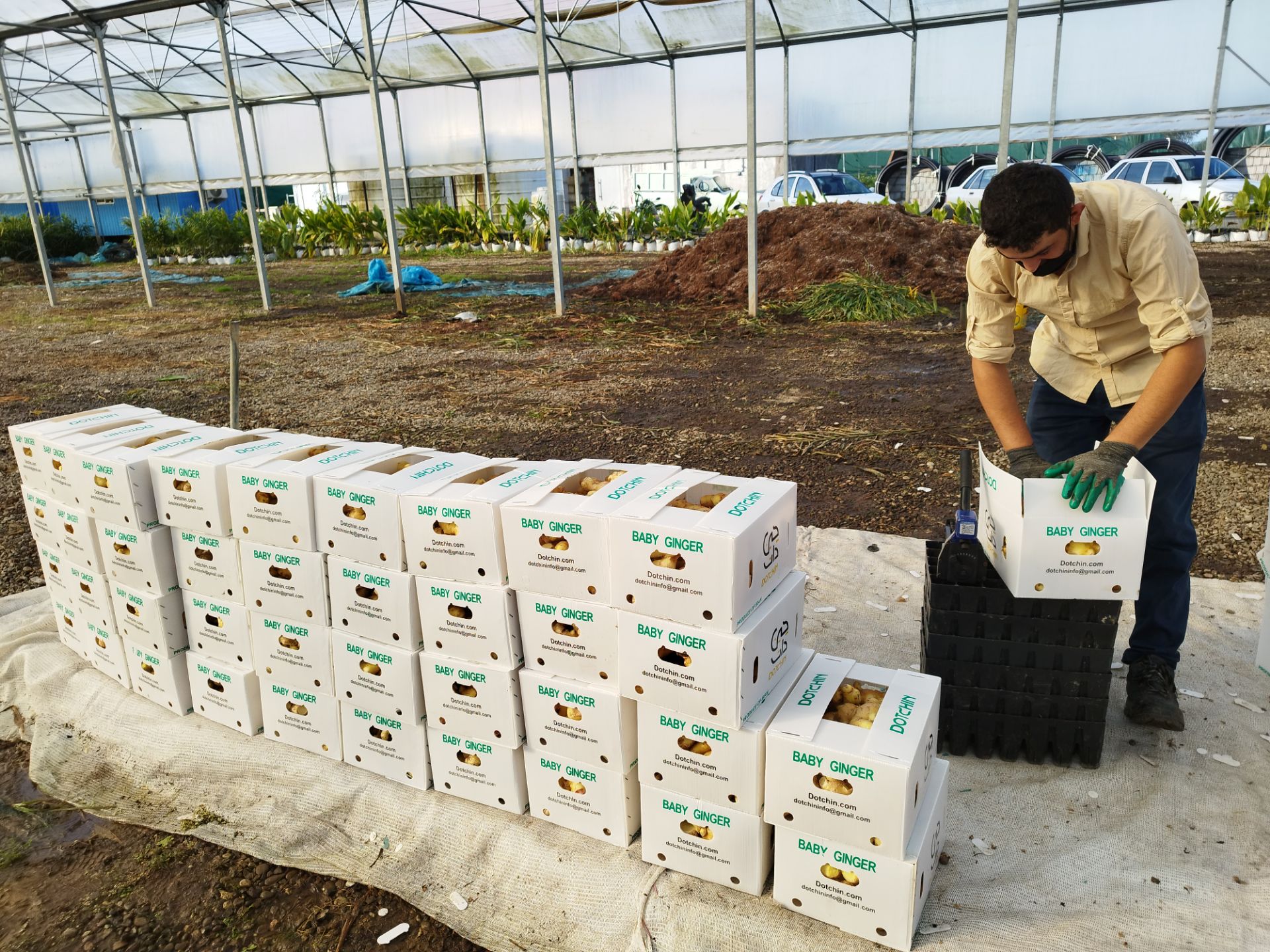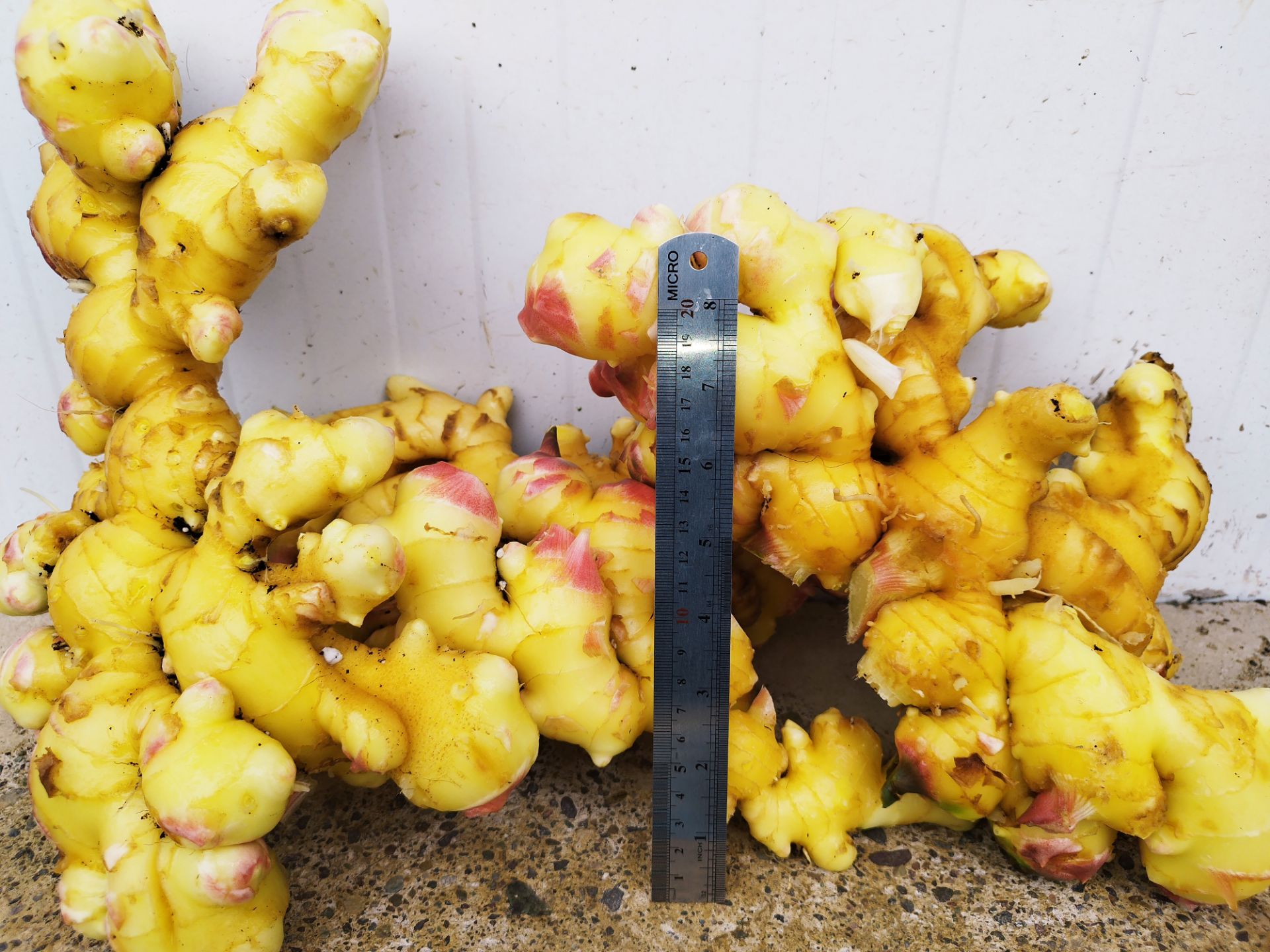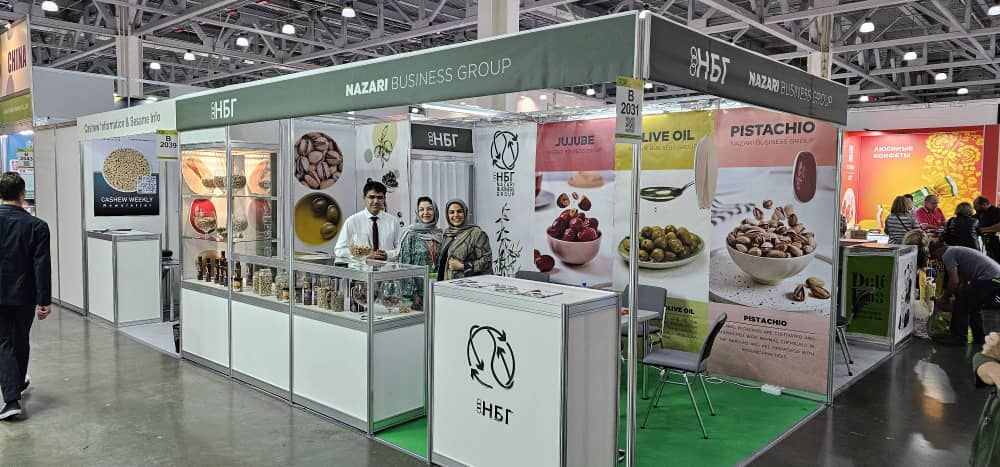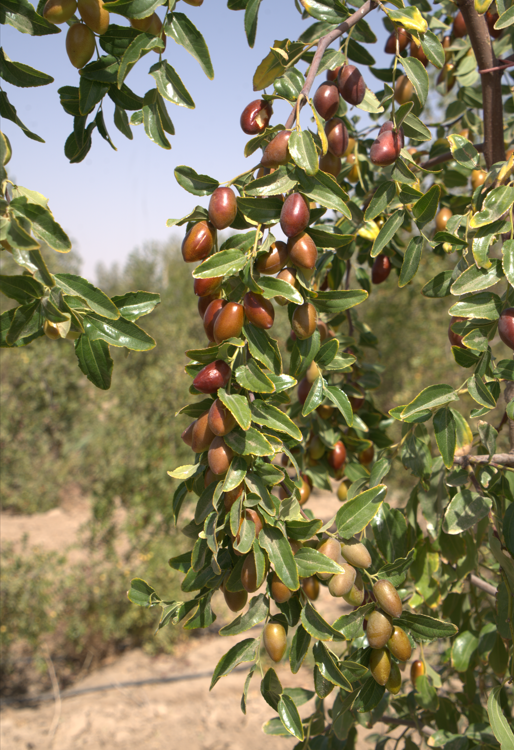Ginger is a rhizomatous plant that can grow up to 90 centimeters in height. Although commonly referred to as the root of the plant, the useful part of ginger is actually its swollen underground stem, known as the rhizome. This rhizome is yellow, aromatic, thick, knobbed, and fleshy.
The phytochemical compounds of ginger have been extensively studied and identified, including essential oils, phenolic compounds, carbohydrates, proteins, alkaloids, glycosides, steroids, terpenoids, saponins, and tannins—all of which contribute to its medicinal properties.
Ginger has a wide range of therapeutic applications, including treatment of rheumatism, fever, dementia, hypertension, vomiting, constipation, pain, infections, asthma, diabetes, neurological diseases, chest pain, immune regulation, anti-inflammatory effects, anti-apoptotic properties, and strong antioxidant effects (helping to prevent free radical formation). It is also effective for stomach pain, diarrhea, nausea, heart disorders, and respiratory diseases. Additionally, ginger acts as an appetite stimulant, antispasmodic, anti-inflammatory, diuretic, expectorant, pain reliever, relaxant, antibacterial, vascular relaxant, bronchial relaxant, topical stimulant, and a sexual tonic.
To purchase Baby Ginger from Nazari Business Group, visit the Dotchin website.




